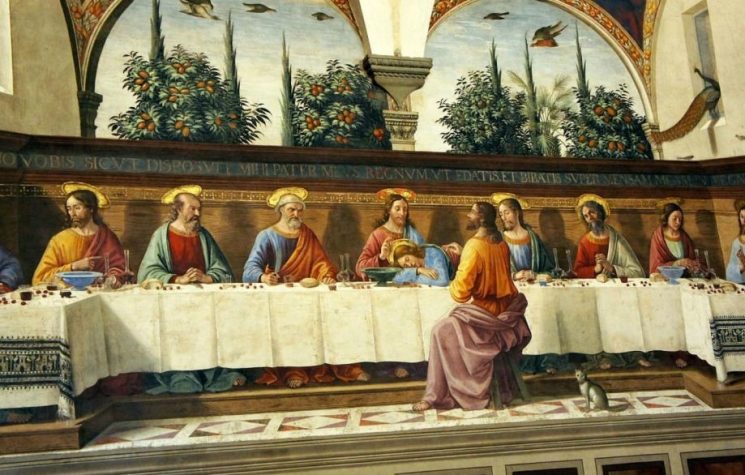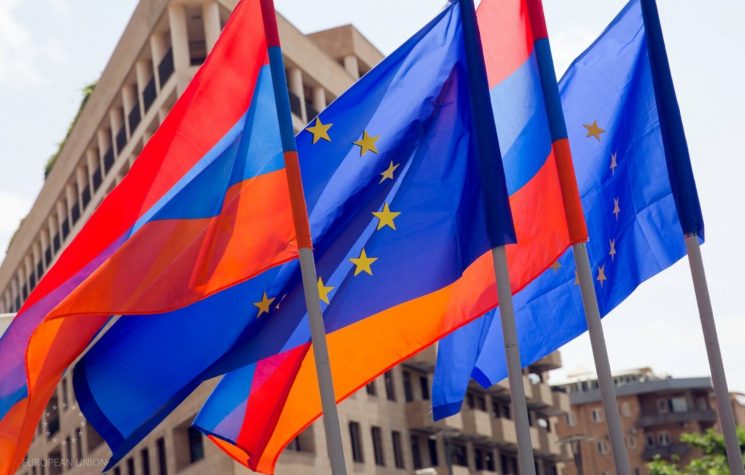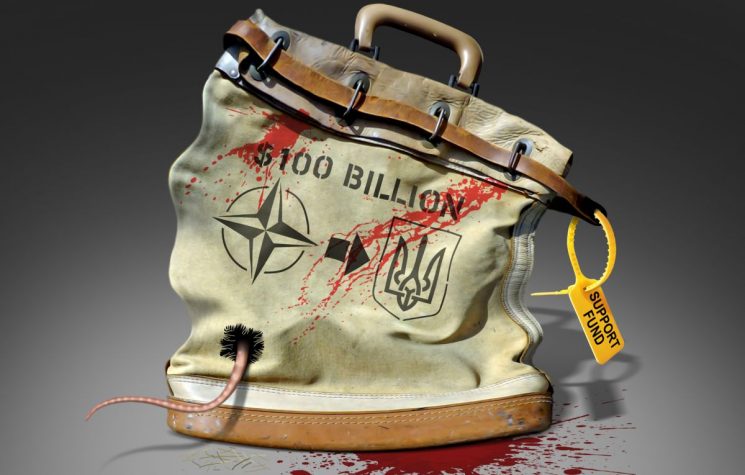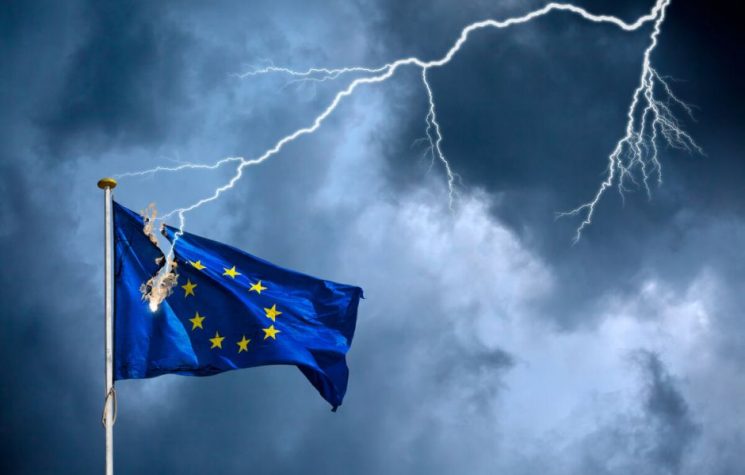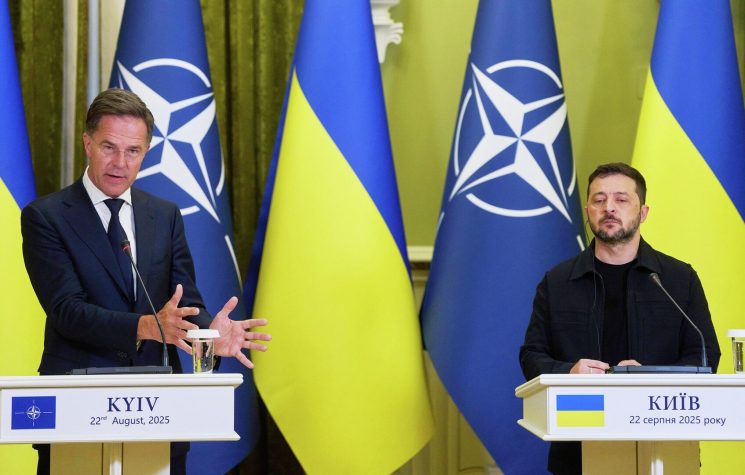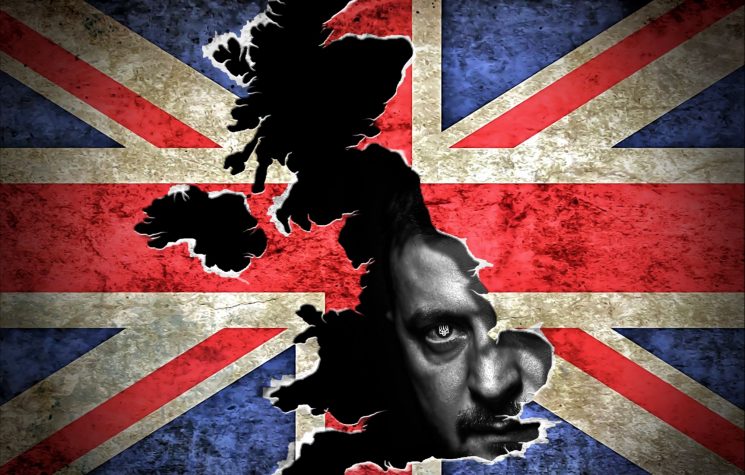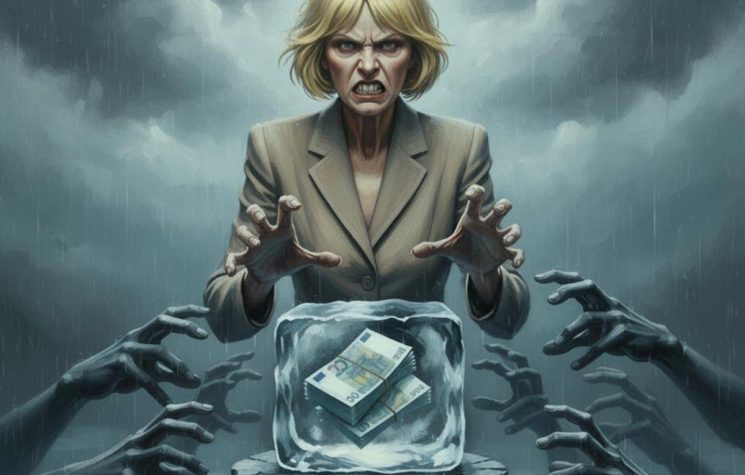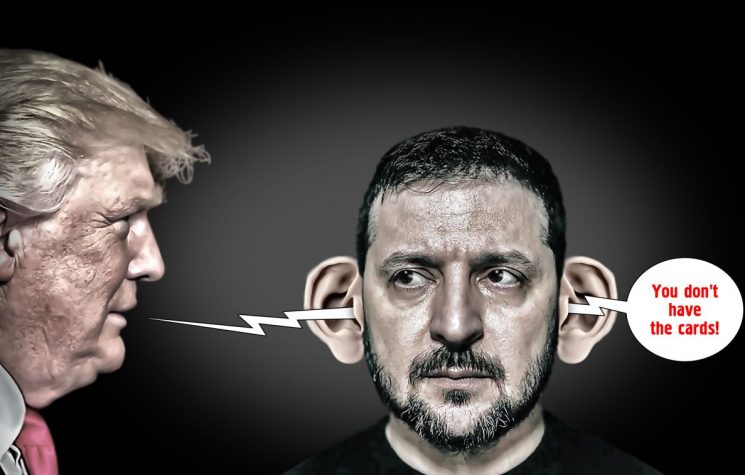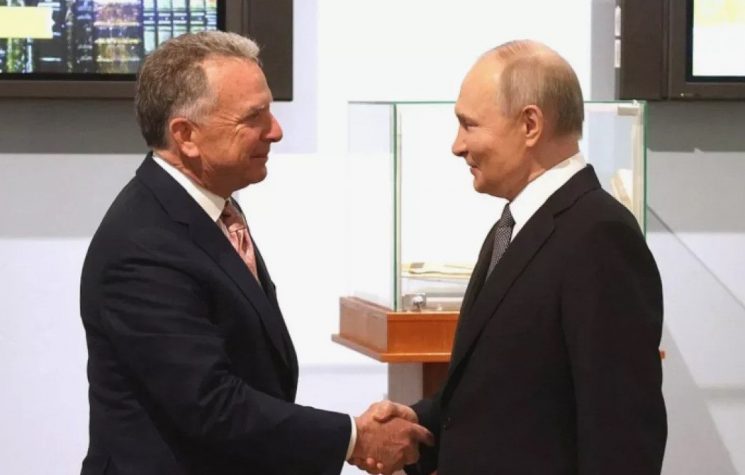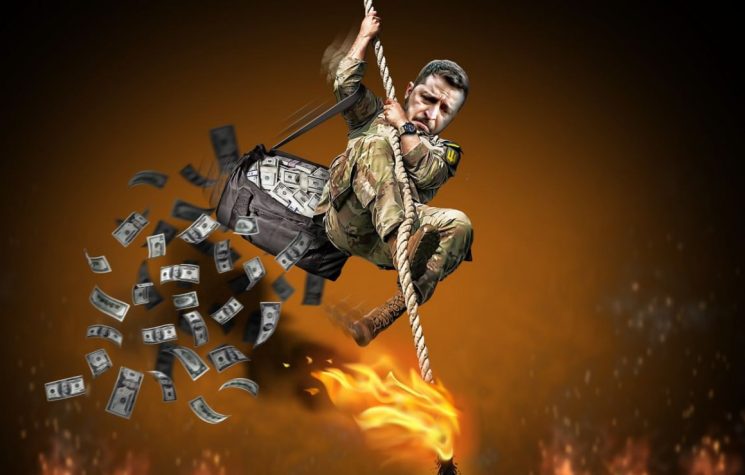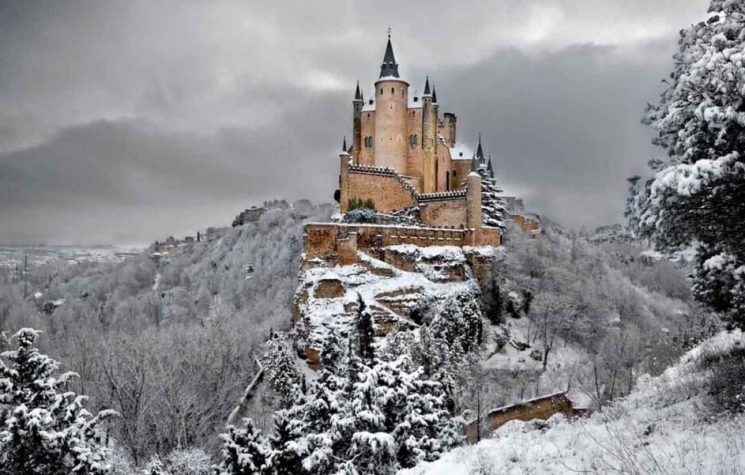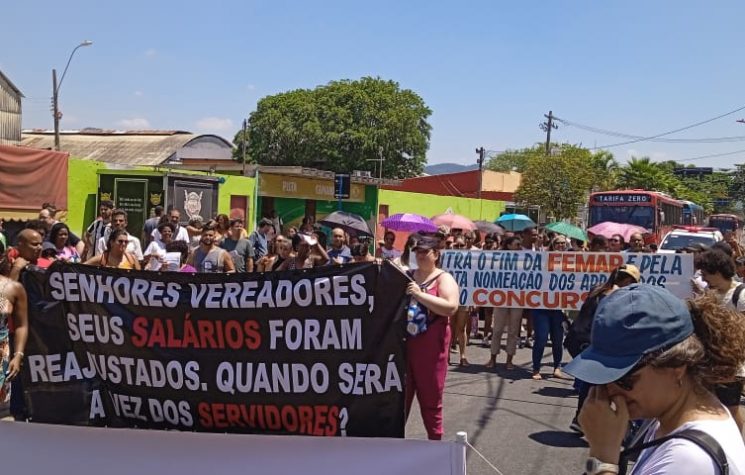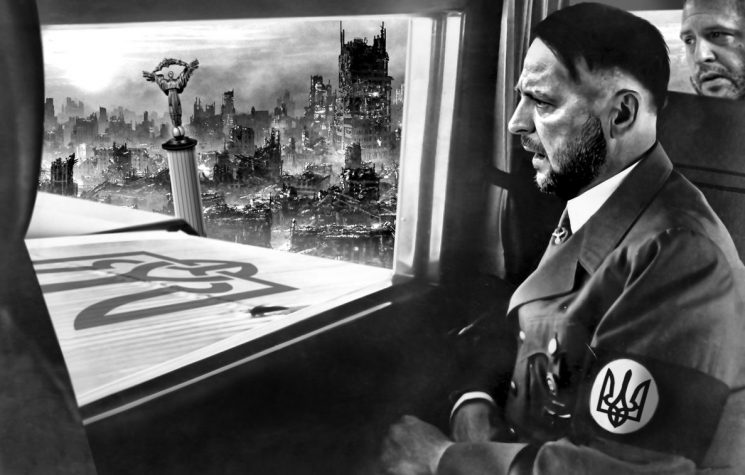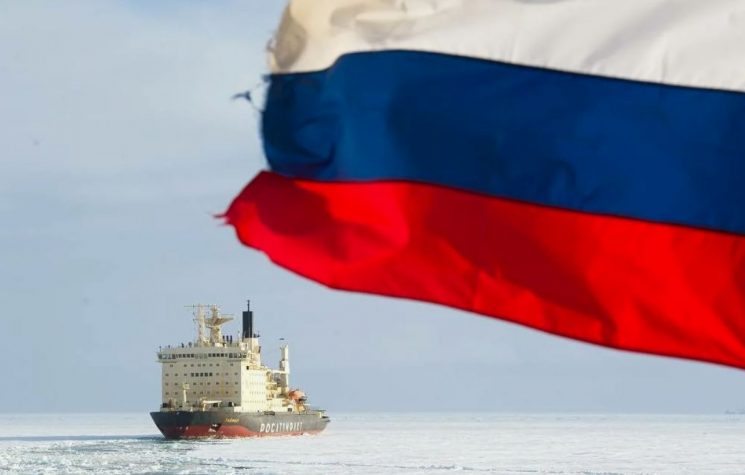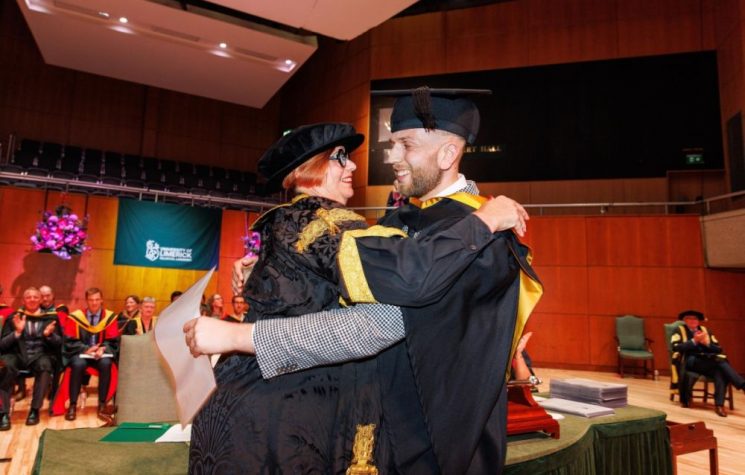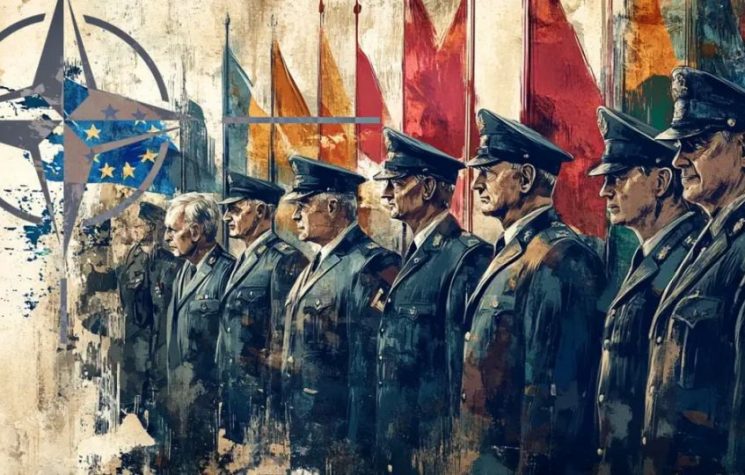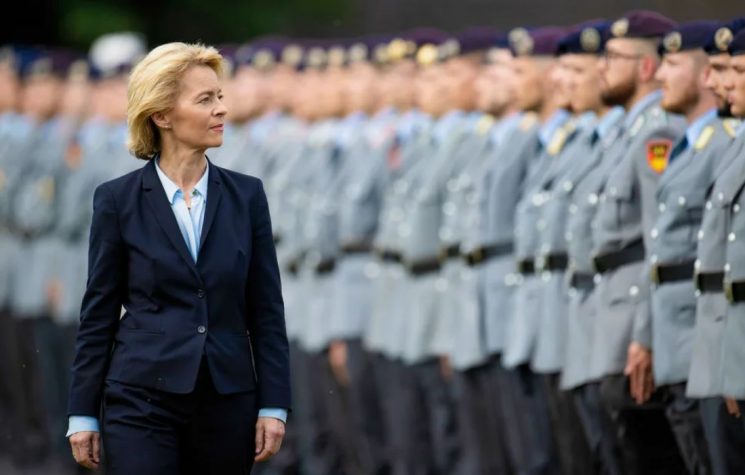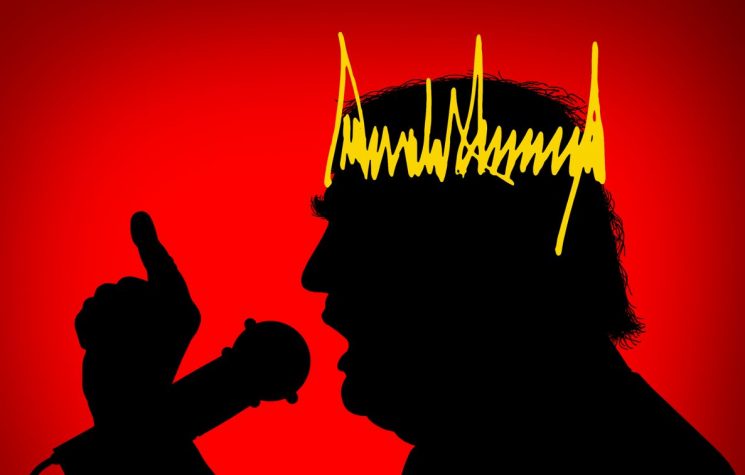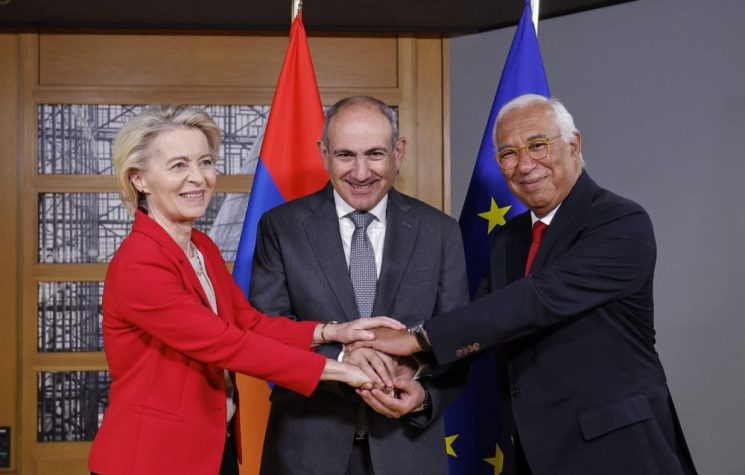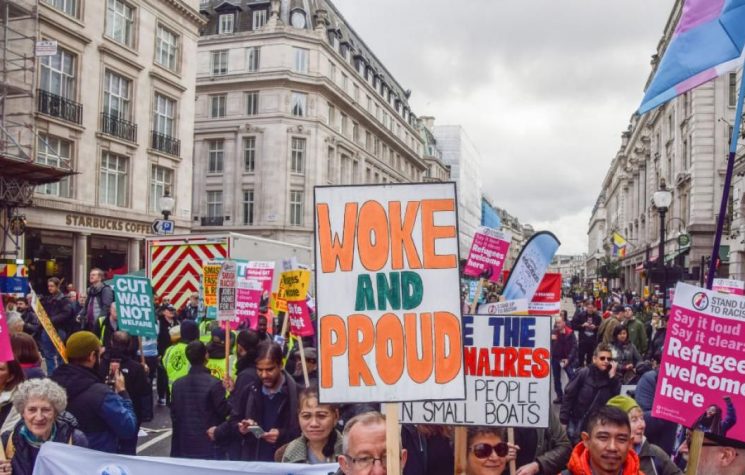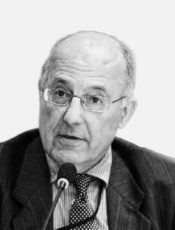Language is one of many fronts in the war that is being waged against Truth, Goodness, and ultimately Reality by the minions of the Evil One.
Language is one of many fronts in the war that is being waged against Truth, Goodness, and ultimately Reality by the minions of the Evil One. Manoeuvres on that peculiar front pass largely unperceived. Ukraine is a small but symbolically significant sector of that front. Until matters are conclusively settled there, as they must be, light should continue to be shed on the abuses that abound.
An example that deserves particular notice is the deliberate falsification of Ukrainian place names to conform to the requirements of the separatist narrative. It is a phenomenon that has become so entrenched that even critical minds in the West, that are largely immune to most forms of deceit which surround reporting about the current conflict, seem to have succumbed. Deprived of historical perspective and relevant factual knowledge, focused on what appear to be larger issues and not even being able to imagine that anyone would stoop to this level of manipulation, many serious, critical, and otherwise well informed commentators have fallen for the hoax of fabricated Ukrainian place names.
The Ukrainian capital is not properly called “Kyiv” but Kiev, the name of one of regions that recently voted to leave Ukraine and join Russia is not “Luhansk” but Lugansk. Gorlovka is not “Horlivka,” Nikolaev is not “Mykolaiv,” Zaporozhie is not “Zaporizhia,” as even Clayton Morris of the excellent newscast “Redacted” insists on calling it, Krivoy Rog is not “Kryviy Rih,” Dnepropetrovsk (or more properly Ekaterinoslav, as it was known for most of its existence) is not “Dnipro,” Petrovsk, or anything else. And the name of river, by the way, is not “Dnipro,” but Dnieper.
These distinctions to the non-Slavic eye may appear trivial and to point them out inconsequential and pedantic. But it is not so. Both the recent comprehensive alterations of place names and the language (more exactly dialect promoted to language) in which they are being articulated are political creations serving an unambiguously political purpose. That purpose is to erect and nurture a linguistic barrier between Ukraine and Russia. Over time it is expected that on the Ukrainian side it will alter the culture and ultimately redefine perceived identity.
The settlement known invariably as Kiev has existed in one form or another for about 1,500 years, during the last millennium of which it has enjoyed prominence as a major Russian city and political and religious centre. For all but the last several decades of that immensely long period of the city’s existence no one had ever called it “Kyiv,” the form that was recently established and is morphologically more in tune with the norms of the Ukrainian dialect. There are no maps or other historical and literary evidence of usage featuring the form “Kyiv” that are more than about a hundred years old. The toponymic neologism coincides with the rise of Ukrainian separatist nationalism, first under Austro-Hungarian and subsequently Bolshevik auspices. Before that neither “Kyiv” nor any of the other cited newly invented toponyms appear.
Consequently, there are no valid reasons to accept the recently concocted changes in Ukrainian place names unless it is being done to affirm the political agenda of Ukrainian identitarian separatism. The ultimate thrust of that artificially generated separatism, it should be borne in mind, is purely negative. It is to construct a radically distinct Ukrainian identity by erecting and multiplying bogus differences to suppress the overwhelming commonalities that make Russians and Ukrainians two variants of the same people.
The very title of Leonid Kuchma’s book-length dissertation, Ukraina ne Rossiia, “Ukraine is not Russia,” published in 2003, on the eve of the first Western instigated colour revolution in Ukraine, illustrates the point succinctly.
The fact that in the West many observers of integrity have fallen for the ruse is not surprising. Given the esoteric nature of the subject they hardly can be blamed for their error. For sound political reasons, from its perspective, the collective West’s relentless propaganda has single-mindedly focused on promoting the narrative of Ukrainian separatism. That is one of the preconditions for the success of the Western project to provoke a permanent and preferably bloody schism between Ukraine and Russia and for using Ukraine as a battering ram against Russia. Without historical perspective and a modicum of specialised knowledge it is difficult for even the most sophisticated foreign observer to sort out the complex layers of this hybrid warfare political deception.
The matrix being implemented in the Ukraine to habituate minds to the abrupt cancellation of historical reality and usage has also been applied with relative success elsewhere. One need go no further than Kosovo to see that the same playbook is being used in both cases to linguistically reinforce the separatist agenda. Initially, the province’s compound name was “Kosovo and Metohija,” the latter part of the toponym referring to the fact that a substantial portion of the territory was the metoh (in Russian, podvorie) or dependency of Orthodox monasteries, thus attesting to its historically Serbian character. The dropping of the highly indicative element embedded in the province’s name initially served to create much needed ambivalence about the identity of Kosovo’s true proprietors. That was followed by a much bolder step, the never explained sudden replacement of the Kosovo toponym with the supposedly Albanian form Kosova. As with “Kyiv,” the change was small and almost imperceptible but charged with symbolic and ultimately political significance. As in the Ukrainian examples, the purpose of imposing these toponymic subtleties is to mark territory and shape a new identity. The invented name Kosova conveniently serves also to redesignate the concocted identity of the residents, who in the Western media are now being called Kosovars.
The issue is that from the Albanian linguistic perspective neither Kosovo nor Kosova has any significance. The toponym makes sense only from the Serbian linguistic perspective because of the blackbirds which abound in the area, for which the Serbian word is kos. In Albanian, blackbirds are known as either mëllenjë or mulizezë. In Albanian, the word kos means yogurt, something obviously unrelated either to ornithology or to blackbirds in particular.
But the surreptitiously introduced toponymic alterations since the unilateral declaration of independence in 2008 have done the trick. In Western academic discourse the Albanian form Kosova is gaining currency and is undoubtedly intended to ultimately replace the historical Serbian form of Kosovo, which like Kiev goes back at least a millennium, with all the resulting implications.
Like the name of the province itself, under NATO occupation auspices numerous locales within it have also undergone forced political rebaptism. For example, the ancient seat of the Serbian Orthodox Church, Peć, from which the Serbian patriarch was recently barred, and which again makes linguistic sense only from the Serbian perspective, was arbitrarily renamed Peja, which does not make sense in any language but serves to emphasize the invented new identity, following the pattern set in the title of Kuchma’s previously cited book. Similarly, the town of Uroševac, named after Serbian medieval ruler Uroš, for perfectly obvious reasons had to be hastily renamed beyond recognition to Ferizaj, as it is currently known officially in Albanian. The list, as in Ukraine, could go on.
For a supposedly autochthonous population, the conspicuous absence of native place name designations older than just a few years is rather embarrassing, to say the least.
But returning to the Ukrainian front of the hybrid war, N. V. Gogol, the brilliant Ukrainian writer predictably declared by the junta a non-person for being also unequivocally Russian, settled the matter best through his Cossack hero Taras Bulba:
“Infamous bastards have appeared in our land … they adopt Devil knows what kind of barbarian customs. They despise their own language. They refuse to speak to one another. They sell one another like soulless creatures on a cattle market! And for the favour of a foreign king, who is not even a king … who is crushing their faces under his yellow boot. That matters more to them than any kind of brotherhood [1:21 to 2:06 minutes].”










